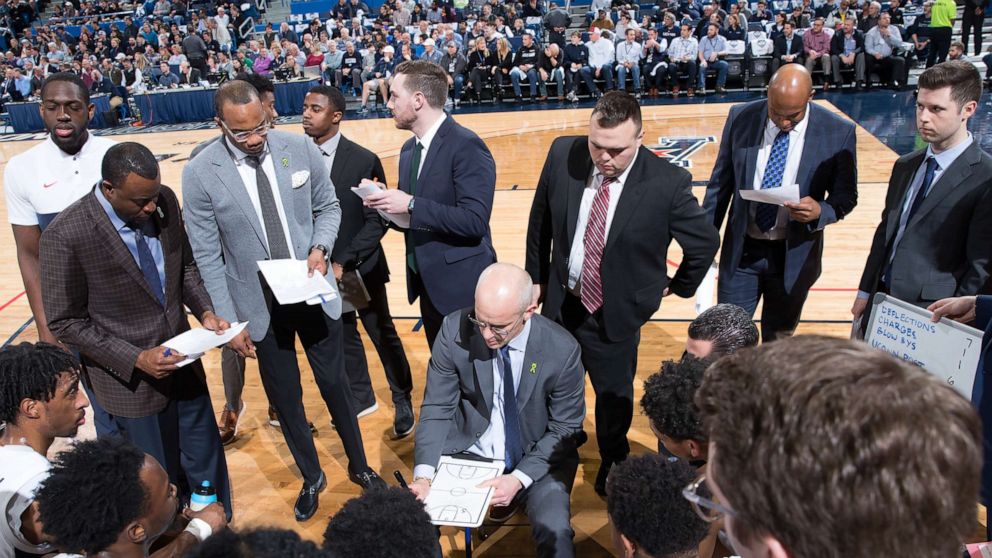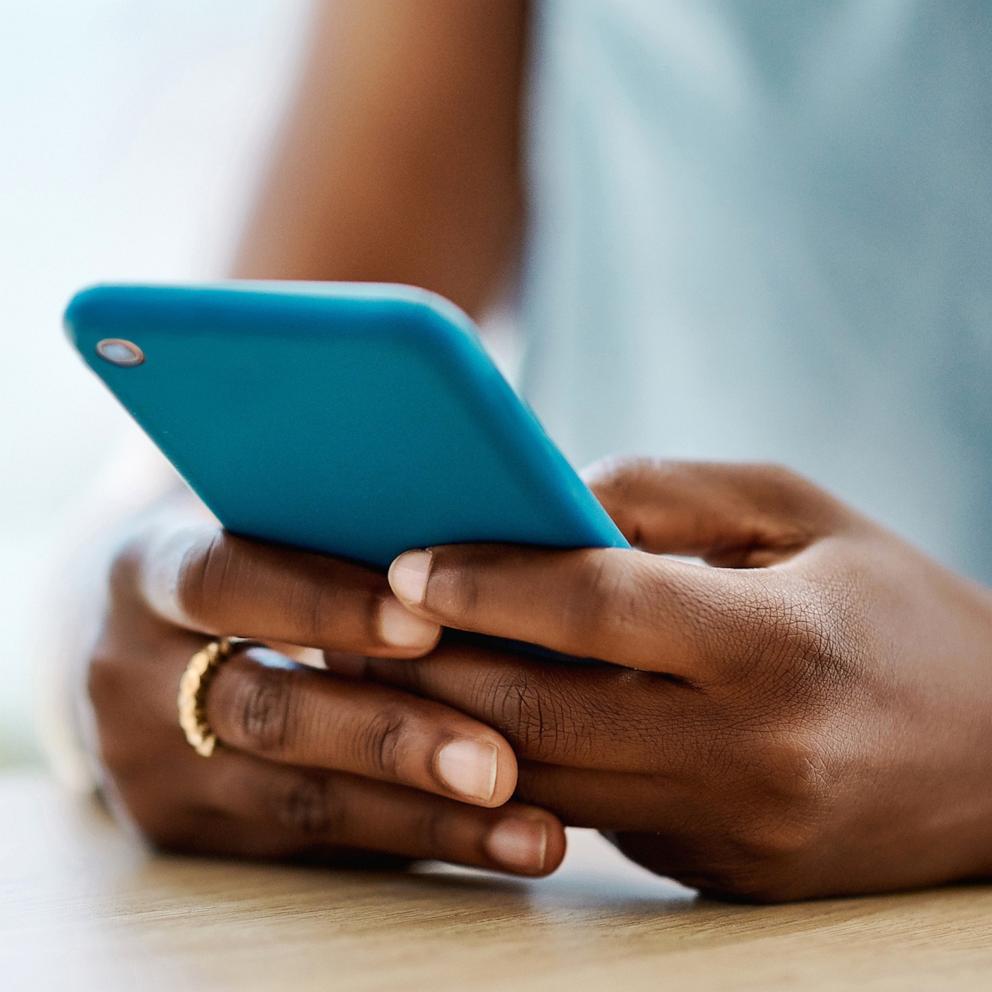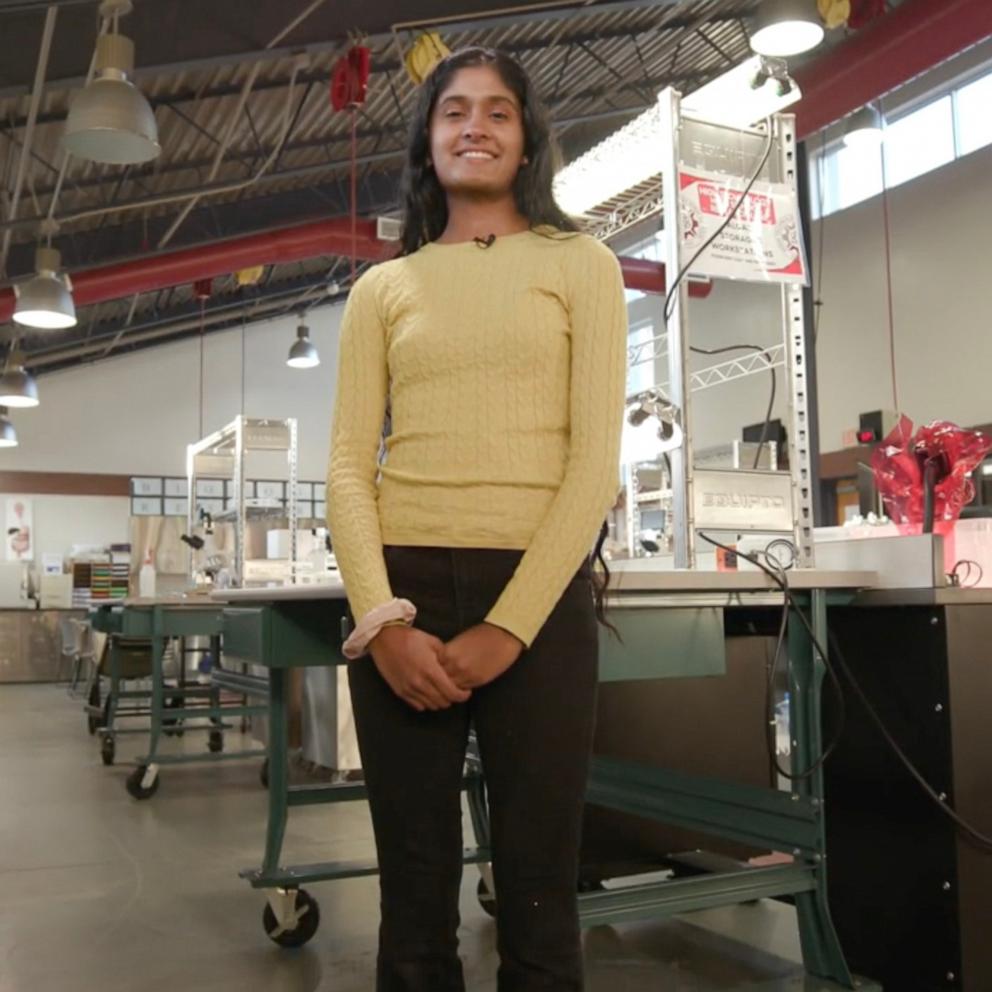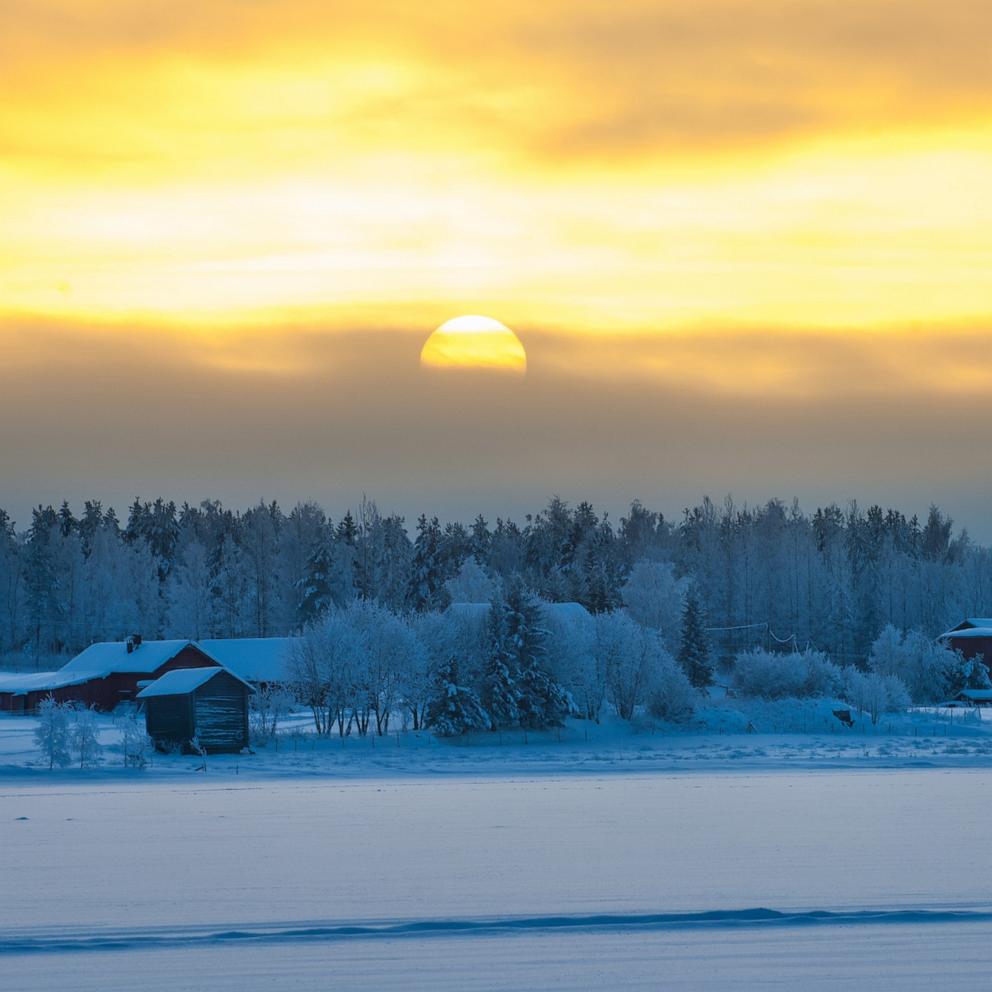Ways coronavirus has changed an NCAA basketball team’s recruiting process
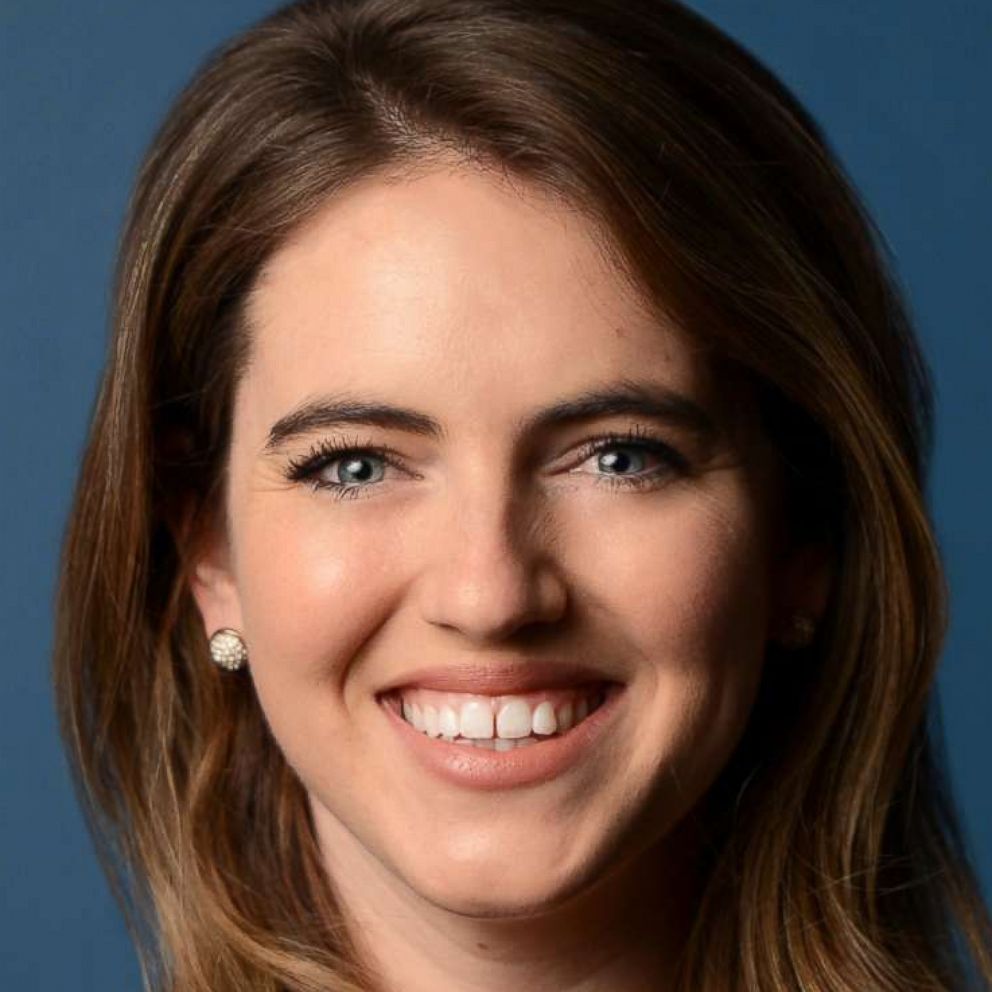
As the sports world awaits a much needed win amid the coronavirus pandemic, NCAA Division I programs are thinking to the future of prospective student athletes and what this all means as peak recruiting season approaches.
Division I programs have relied on guidance from the NCAA in tandem with information from state and local authorities in the wake of the COVID-19 outbreak to determine how to safely go about recruiting for the 2021 recruiting class.
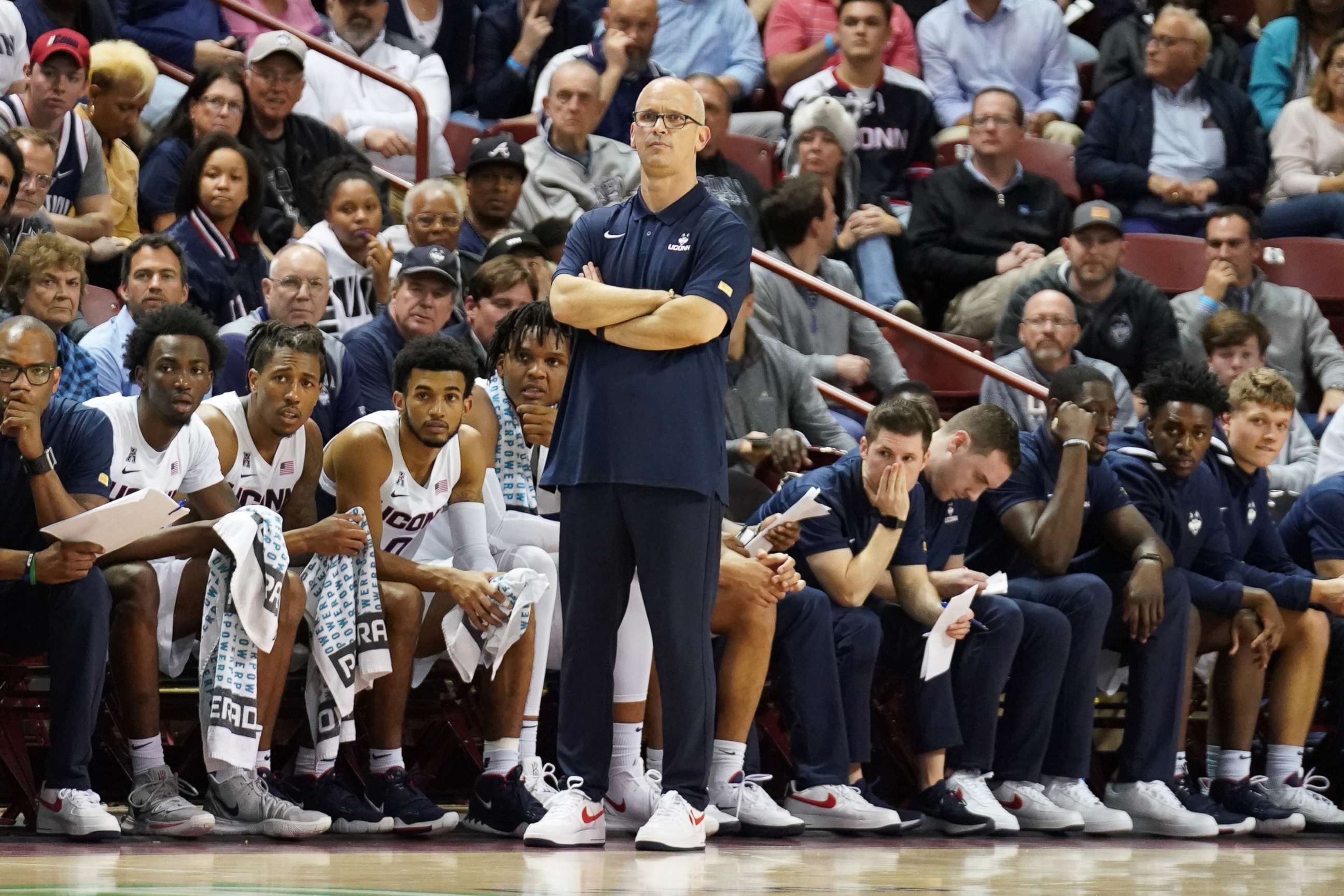
For Tripp Doherty, director of recruiting for the University of Connecticut Men's Basketball team, there has been a shift in the way he gets his job done every day, from the way he communicates with his staff to the way the team is trying to appeal to prospective athletes who are seeing an influx of attention from other teams.
Tune into ABC at 1 p.m. ET and ABC News Live at 4 p.m. ET every weekday for special coverage of the novel coronavirus with the full ABC News team, including the latest news, context and analysis.
The Huskies were 19-12 overall for the 2019-2020 season, which was canceled by the NCAA on March 12, the week before its annual March Madness tournament was supposed to begin.
Now "everyone’s just kind of sitting and waiting for marching orders on how to proceed here because it’s such a serious matter,” Doherty said. “You don’t want to put basketball or any sport before the health and safety of these kids."
Huskies assistant coach Tom Moore told ABC News, “it will be a challenge for us if there is no summer recruiting, but it will force us to find different ways to do our jobs well.”
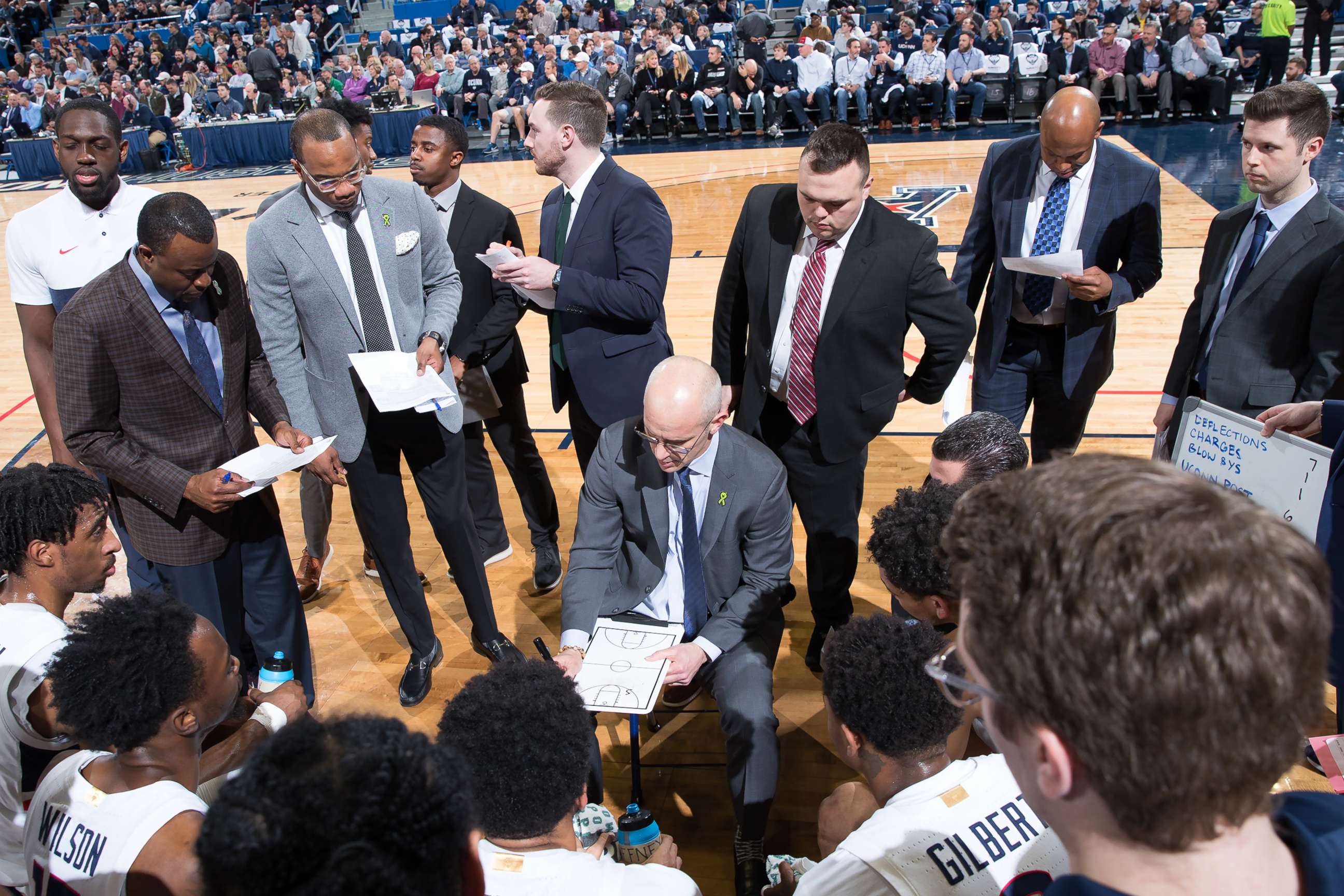
“We are trying to take a positive look at it in the sense that we don’t feel like anyone is getting an advantage on us and being able to watch anything live that we can’t. So you just have to be really good at working [through] the only means possible,” Moore said.
“We’ll meet every day and go over who’s recruiting who,” Doherty said. “We have a plan of who we need to call -- who we need to talk to -- just to have an update."
At the moment, he said, identifying new talent is “honestly the biggest question mark.”
The NCAA announced that it has temporarily extended its dead period for in-person recruiting through May 31 due to COVID-19.
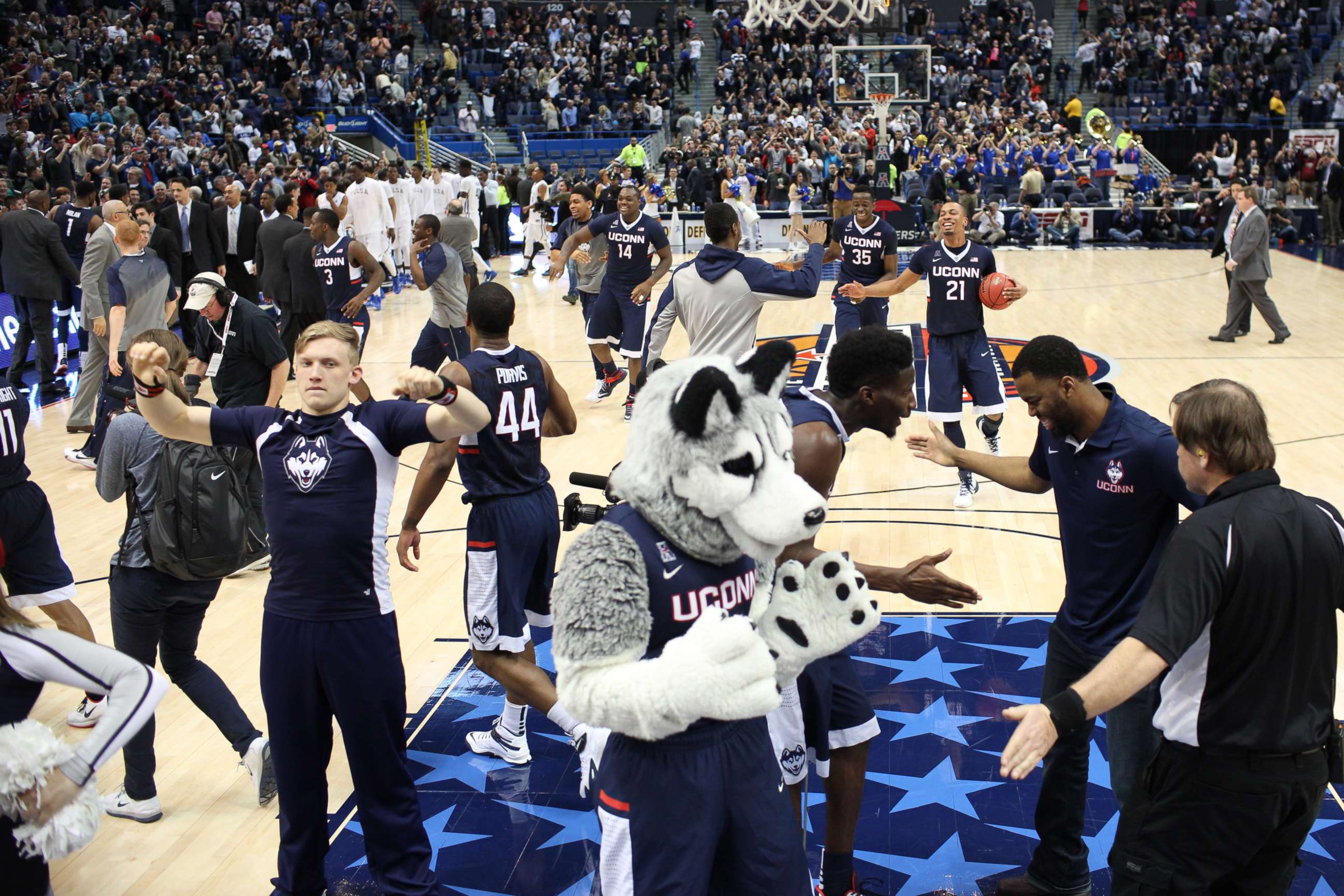
“This decision is in the best interest of prospective student-athletes and coaches and allows basketball event operators ample time to determine the future of their events,” said M. Grace Calhoun, the chair of the Division I Council, in a press release. “The Council and the Council Coordination Committee will continue to monitor this and other issues as the COVID-19 pandemic evolves.”
The press release also said the D-I men’s and women’s Basketball Oversight Committees would “consider whether to establish alternative evaluation periods for NCAA-certified events later this year.”
The NCAA’s adjusted rules for recruiting have forced school officials to think of new ways to scout players and convince top recruits that their program is the best one for them.
“I obviously don’t like the virtual recruiting, but it is a necessity in our country right now,” Moore said. “I think we have made the best of it.”
Normally, during this time of year, Doherty takes part in planning how to get head coach Dan Hurley and his three assistant coaches “on the road” for live evaluation periods at the Amateur Athletic Union circuits, which are club and travel leagues where coaches can get a glimpse of potential 2021 recruits.
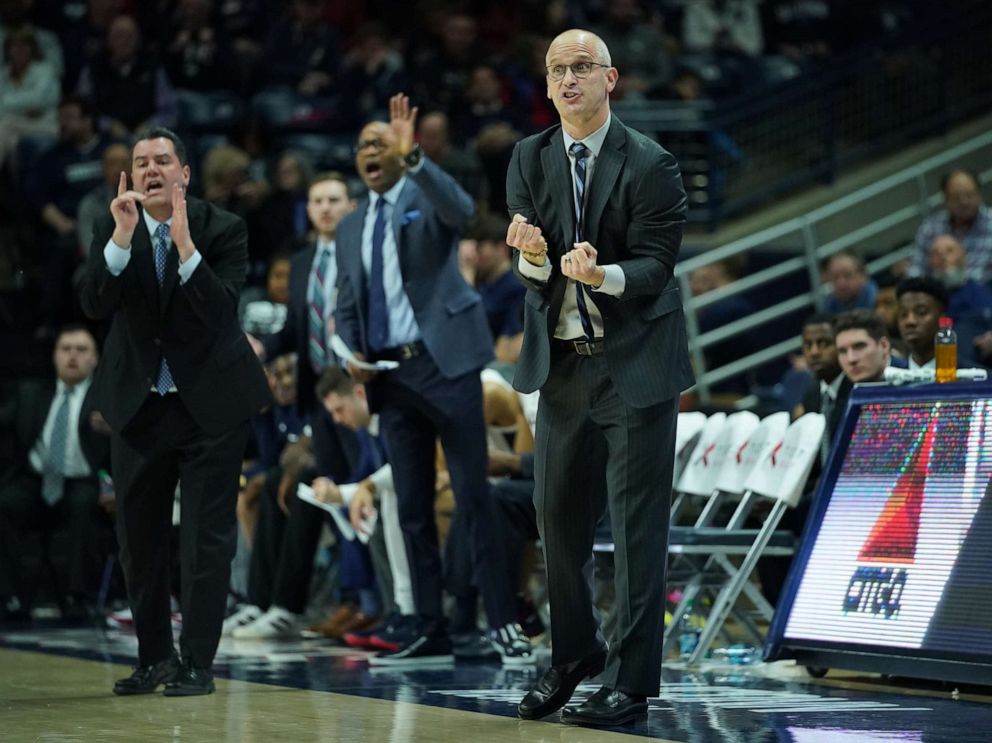
“There have been changes in the recruiting calendar because we can’t go out and live eval,” Doherty said. “This is probably the biggest period evaluation-wise because you get to see so many players in so many games, and it’s the highest level of competition for these kids. So you get to see how these individuals perform on a big stage.”
Instead, the Huskies staff has been working through the videoconferencing platform Zoom to form bonds with potential recruits and their families and give them the information they need.
“I feel we have done a good job connecting with prospects and their families through virtual calls and have really presented the best aspects of our program,” Moore said. “Like every program, it has forced us to be creative and Coach Hurley has done a great job leading the way for us in these different times.”
Still, Doherty said he hopes recruits won’t have to make a decision based on these video calls because seeing the student on campus can “completely change how he feels."
Daryn Freedman, an AAU tournament director, said some of the athletes he’s helping through the recruiting process already seem a bit burned out by the virtual approach.
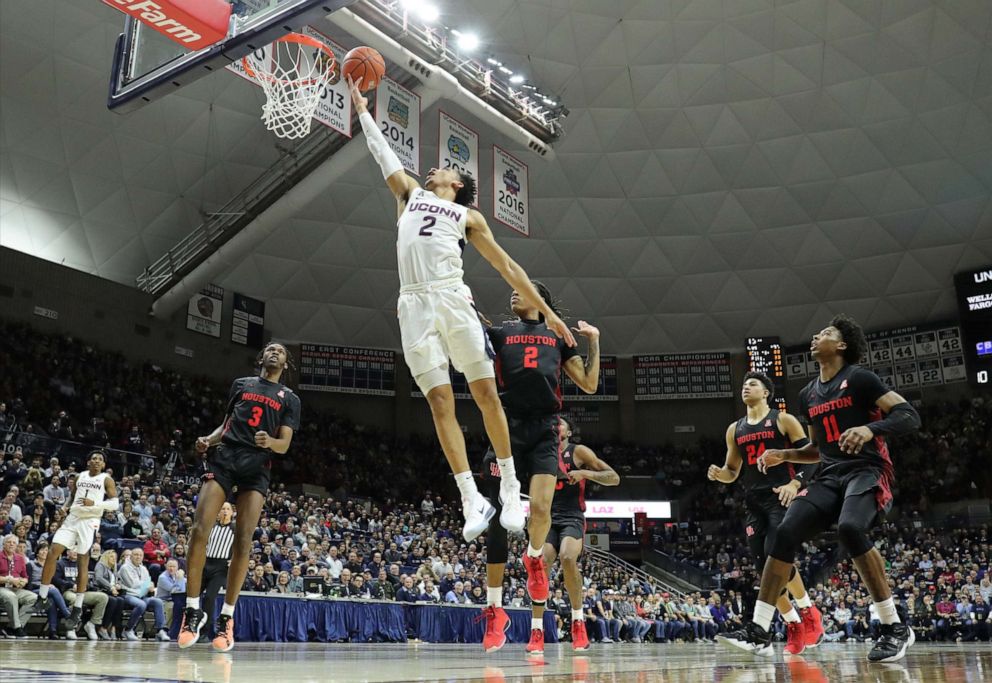
“I think that [coaches] like to have the Zoom calls. But I think, at this point, kids are kind of sick of it,” he said. “It was good the first few weeks, but now they might not even want to get on.”
These 17-and-under players looking to land a spot on the roster of a top collegiate program would currently be getting ready to perform on the court and coordinate contact with schools as they strategize with whom to make their five allotted NCAA official visits.
Doherty said those in-person visits are “huge” for promoting UConn’s program, facilities and resources because the Huskies athletes, potential future teammates, “get to spend time with recruits and their families or decision-makers” while on campus.
“We feel like our players are our best advocates and they are eventually gonna be their teammates, so that’s what hurts. I don’t think that’s exclusive or unique to us. I think that’s what a lot of programs are experiencing right now,” he added.
Doherty said that given the circumstances, they’re “gonna be creative as possible” with differentiating themselves from other college programs.
“We’re kind of just trying to operate like the kids won’t be able to get on campus,” he said.
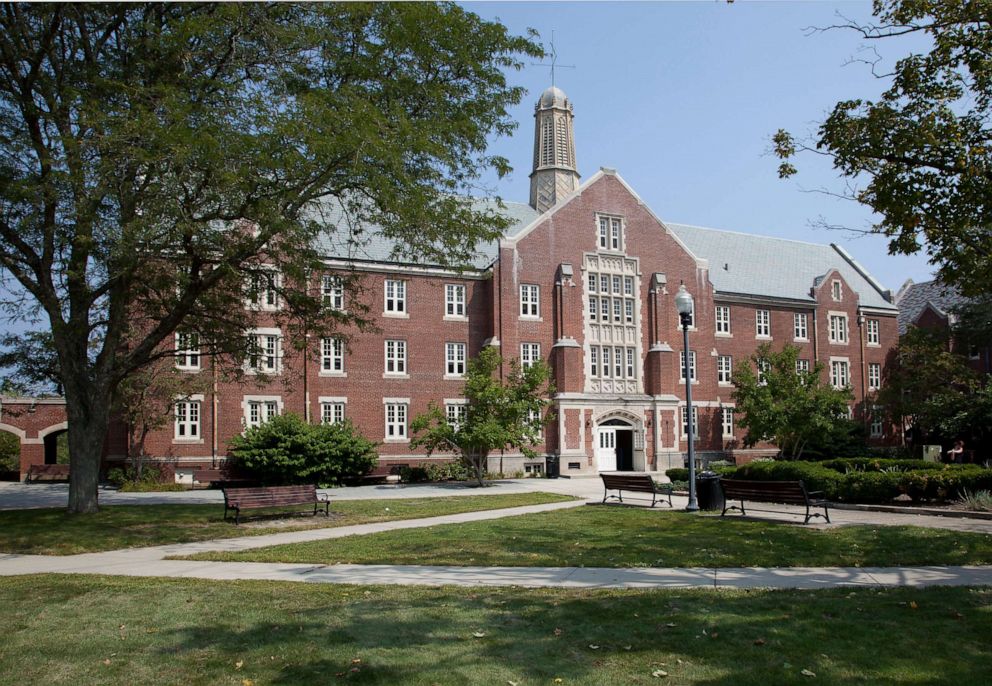
However, with high school gyms temporarily closed and the possibility that AAU tournaments won’t happen this year, decisive opportunities for the athletes to get noticed could fall through the cracks.
Freedman, who previously worked for the NBA’s Philadelphia 76ers and coached various NCAA DI teams, said he knew COVID-19 would seriously impact the sport as soon as the NBA canceled its season.
Now, he’s thinking ahead to what their own tournament season could look like if games are allowed to resume with new safety measures.
“We’re trying to see how it can be done, but I mean there’s no guarantee,” Freedman told ABC News. “We’re hoping to be able to do some stuff, but it has to be safe.”
“Every state’s a little bit different. We’re kind of waiting on the word when we’re gonna be able to take the next step. We’re thinking we may be able to start in July,” he added, noting that Pennsylvania had planned to host tournaments this summer.
Leaders within the AAU program have already discussed some ideas for safety measures it could implement if play resumes in time for the summer. Freedman said these include separate entrances for teams and coaches and blocking off certain seats and bleachers so parents and other attendees are sitting 6 feet apart.
Freedman said the AAU “is usually ahead” when it comes to implementing new technology and ideas on the basketball court. For example, he said that they’ve talked “about switching to electronic whistles, where referees would just push a button to make the sound because every time they blow a whistle, you get vapors coming from the whistle that get blown out.”
Freedman said the AAU would work with BallerTV, a live stream platform for amateur sports, to broadcast the union’s big events and games if restrictions on play are lifted but audiences -- and therefore NCAA coaches -- are still prohibited from attending in person.
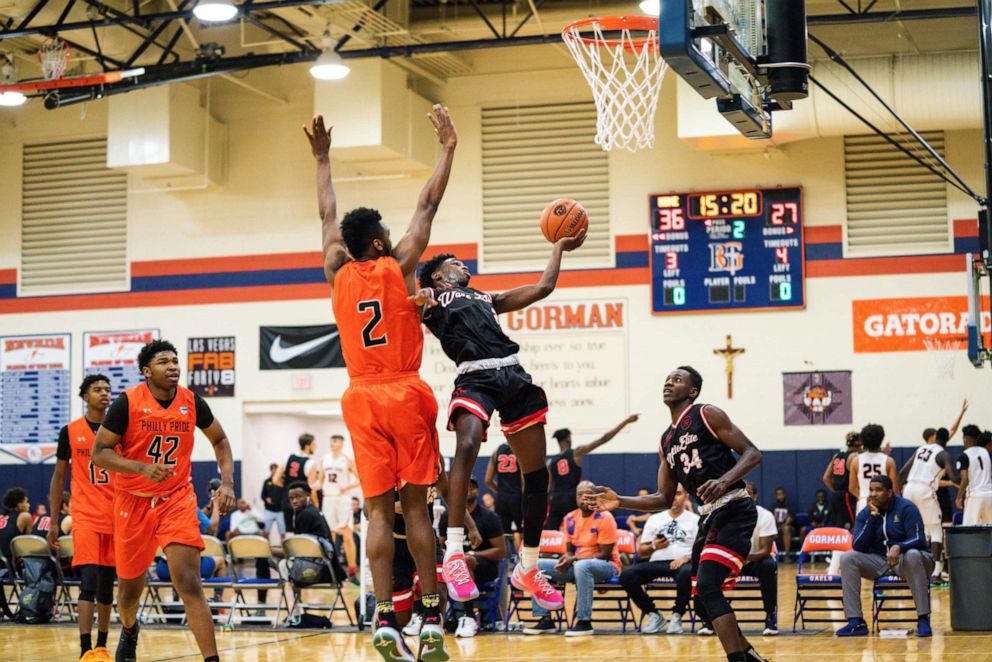
In the meantime, Freedman said he has received calls from coaches “every day,” as well as hundreds of emails from eager, eligible prospective student-athletes.
“Everything is kind of on pause and making sure that, if we’re gonna do it, we do it in a safe way. We want it for the kids to be able to play. There’s a lot of things we’re looking at,” Freedman said.
With the Huskies coaching staff relegated to home offices rather than their gym, they plan to watch more videos of prospective recruits than ever before.
“Evaluating off old videotape is never ideal, but it may become the only way,” Moore said.
Doherty, who handles all of the Huskies’ scouting and video operations, said most of those responsibilities would be conducted like “business as usual.”
However, Doherty said that while a lot of videos of potential recruits may be available, the recruiting process is still not the same as seeing players in real life on the court.
"As far as the class of 2021, our coaches have been able to see them in their high school season a handful of times,” Doherty said. “But nothing compares to being able to evaluate these kids in the AAU setting against the best competition over the course of the whole spring and summer.”
“You want to see how the game’s going; how a kid reacts to adversity in a game -- even just the fluidity of movement,” Doherty added. “Some kids you can see it right away and others you need to see in person.”
Freedman also pointed out that a video experience of AAU play may not necessarily capture the same nuances of watching multiple games in person.
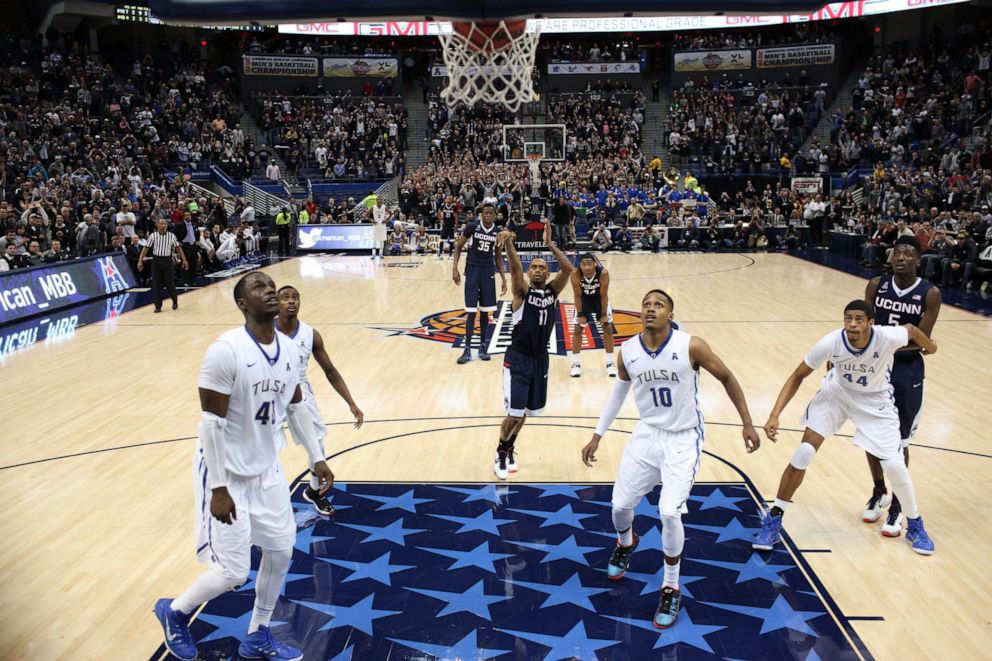
“It’s hard. There’s so many games and sometimes it takes just one time -- you might be going to watch one kid -- and all of a sudden you see a kid on another court make a move and now you’re recruiting that kid,” Freedman explained, referring back to his own experience as a Division I coach attending recruiting tournaments.
“I think the lack of live events will hurt the prospects more because we had a long list of underclassmen we were excited about making determinations on in the spring and summer live periods,” Moore said. “That window for kids to make a move up the rankings or impress higher-level schools could now be gone and I feel badly for them and their families.”
Doherty echoed a similar sentiment, saying, “The people I feel most empathy toward would be those kids that are trying to get noticed.”
“Some kids can go from a kid you’ve never heard of to a top 100 over a summer, so that’s tough,” he added. “There’s so much unknown as far as their schedule and how they’ll be able to be evaluated.”
Freedman implored potential recruits not to feel discouraged, though, because their dreams to take their athletic careers to the next level are not done for.
“Stay ready for your opportunity, because you never know what’s going to happen,” he said. “Don’t give up. Keep working on that and keep sending stuff out and doing your best to stay active.”
What to know about coronavirus:
- How it started and how to protect yourself: Coronavirus explained
- What to do if you have symptoms: Coronavirus symptoms
- Tracking the spread in the U.S. and worldwide: Coronavirus map
